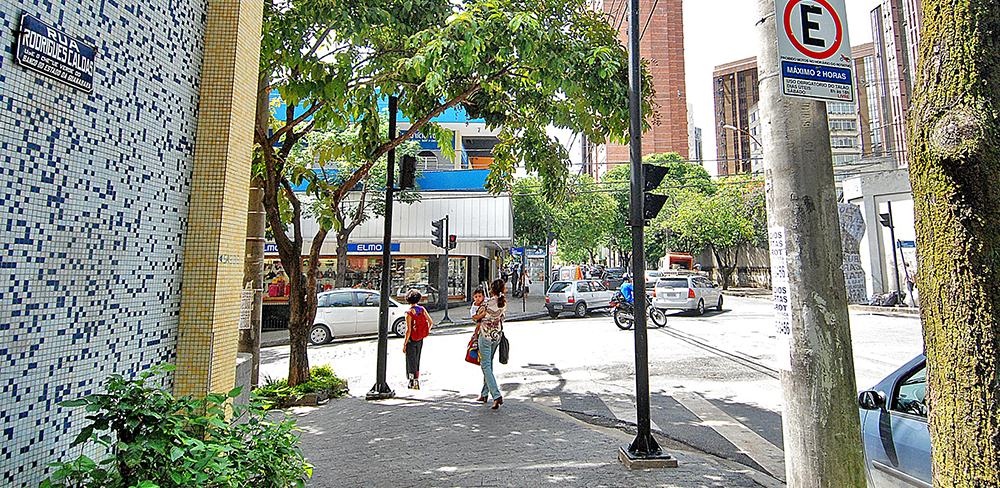Spotlight on LDA-SI Grantee: Movimento Nossa BH, Brazil (2018-2019 cohort)
Written by Jay Neuner with Sandra Ruckstuhl
In 2018, TReNDS launched a microgrant program through SDSN’s Local Data Action Solutions Initiative (LDA-SI). During this calendar year, the program is supporting five sub-national SDG data and monitoring efforts. Through real-world examples, these projects are generating a series of adaptable models that can be utilized in locations around the world to improve local SDG achievement. Learn more about the program here.
With more than 90 metropolitan regions totaling nearly 100 million inhabitants–not to mention distributed in more than 1,200 municipalities–Brazil faces an uphill battle in integrating metropolitan planning, particularly while keeping sustainable development in mind. Stakeholders in these processes are turning to national and sub-national data to improve planning in the context of the Sustainable Development Goals (SDGs).
Movimento Nossa BH, 2018-2019 LDA-SI grantee and civil society organization supporting the Belo Horizonte metropolitan region, is among those piloting the collection and analysis of data for metropolitan planning. Under the program, Movimento Nossa BH will partner with Centro Universitário Newton Paiva, the Metropolitan SDG Observatory (METRODS), and others to create a list of 50 indicators related to achievement of SDG 11–”making cities and human settlements inclusive, safe, resilient, and sustainable.” These indicators will then be applied to planning processes in Belo Horizonte. This project follows on from strategies, developed by METRODS in partnership with TReNDS, for integrating the SDGs into metropolitan planning in multiple regions in Brazil.
Movimento Nossa BH is exploring how the SDGs can be used to inform political decision-making and development investment in Brazil’s metropolitan areas, including Belo Horizonte. Source: Prefeitura de Belo Horizonte via Flickr.
The group’s analysis will form the basis of a long-term, practical tool for informing political decision-making and development investment in Brazil’s metropolitan areas. It will also serve to educate civil society in the region so that it can understand various conditions related to sustainable development and urban development and monitor relevant priorities.
Project partners include Newton, METRODS, and Nossa BH.
Notably, the outputs of this project will represent an innovative model for including marginalized areas in SDG monitoring and metropolitan planning, in and of itself supporting a major tenet of the SDGs–reducing localized inequalities–through a strategic approach to data collection, analysis, and dissemination.
Learn more about METRODS’ initial project with TReNDS, on SDG strategizing for urban planning, here.



